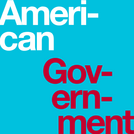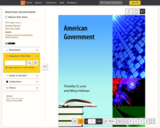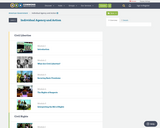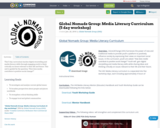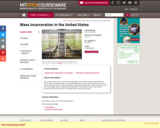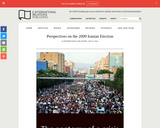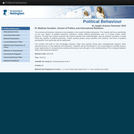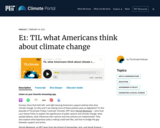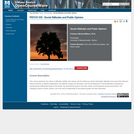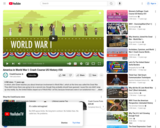
In which John Green teaches you about American involvement in World War I, which at the time was called the Great War. They didn't know there was going to be a second one, though they probably should have guessed, 'cause this one didn't wrap up very neatly. So, the United States stayed out of World War I at first, because Americans were in an isolationist mood in the early 20th century. That didn't last though, as the affronts piled up and drew the US into the war. Spoiler alert: the Lusitania was sunk two years before we joined the war, so that wasn't the sole cause for our jumping in. It was part of it though, as was the Zimmerman telegram, unrestricted submarine warfare, and our affinity for the Brits. You'll learn the war's effects on the home front, some of Woodrow Wilson's XIV Points, and just how the war ended up expanding the power of the government in Americans' lives.
Chapters:
Introduction
American Involvement in WWI
The Sinking of the Lusitania
Why did the U.S. join WWI?
Mystery Document
America's Contributions to WWI
Pro-War Progressives
How WWI Expanded the U.S. Government's Power
Propaganda, Public Opinion, and the CPI
The Espionage Act of 1917
The Sedition Act
"Americanization"
Suppression of Free Speech
Positive Outcomes of WWI
The End of WWI
Credits
- Subject:
- History
- U.S. History
- Material Type:
- Lecture
- Provider:
- Complexly
- Provider Set:
- Crash Course US History
- Date Added:
- 09/20/2013
